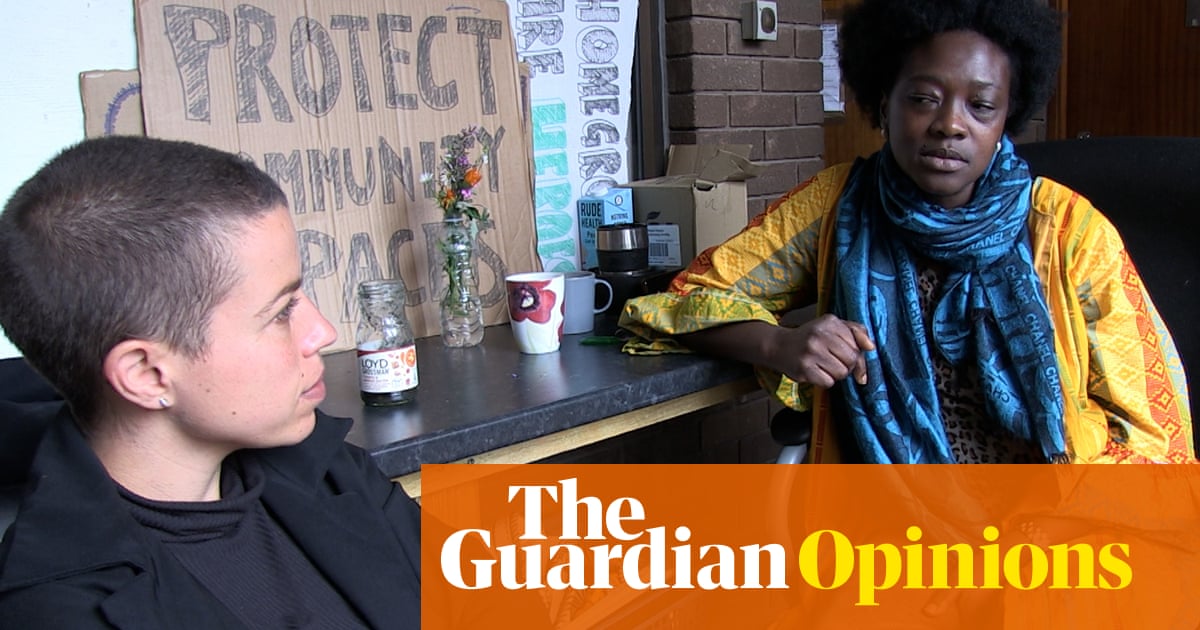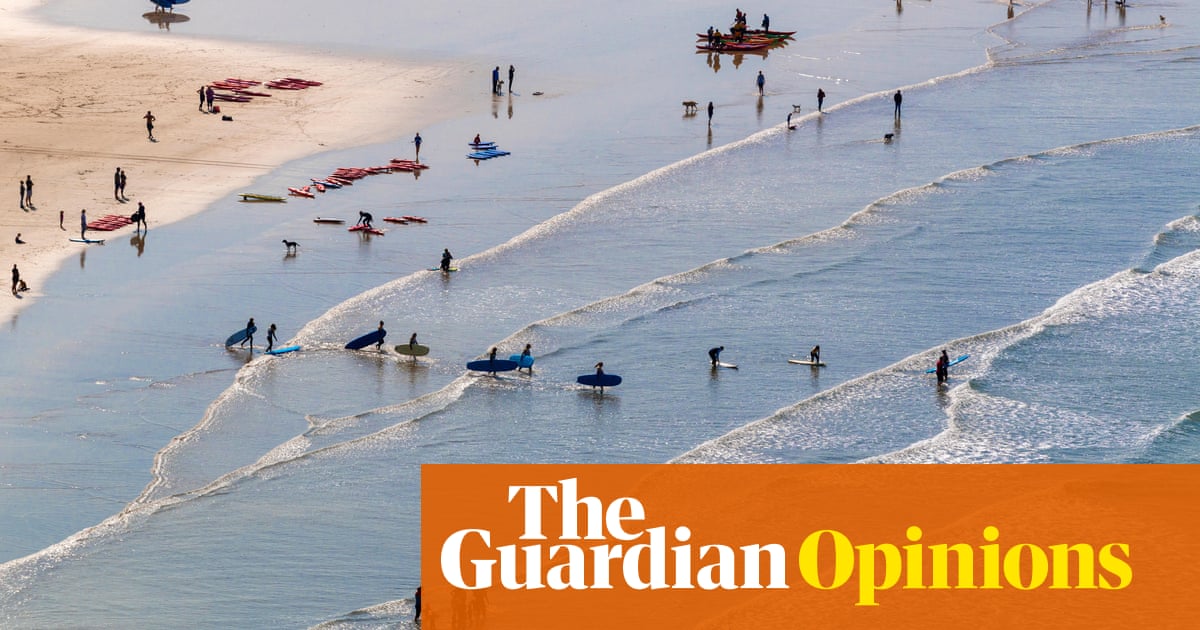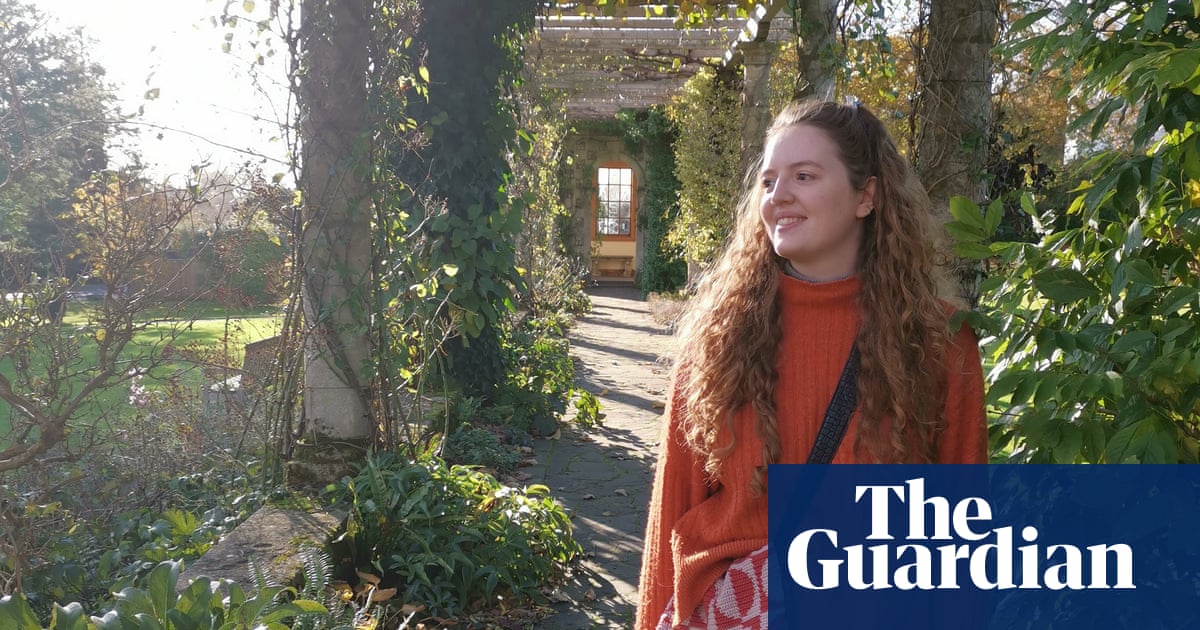
Last year, the community space I ran in Tottenham, north London, was forcibly closed by developers after a long and hard fight through the courts. We had been given the space on a temporary basis to use for free and knew it would eventually be redeveloped, but our eviction has had sizeable repercussions on the community we support.
Eighty percent of the families and young people attending Homegrown in Tottenham are Black. Most of them come from working-class, migrant and refugee backgrounds, and face challenges around access to affordable housing and being pushed out of areas they live in due to rising costs.
Our community space was a home for all of us. Before the closure, we would cook and share meals together, while young people would learn English, maths, science, and African and Caribbean history, and use films to discuss topics not always brought up in school. People would often stay all afternoon, cooking and talking. It was a way to advise and support one another emotionally, and collectively solve issues we and our young people are facing.
It is hard to put an exact number on it, but more than 60 families rely on us. Since we lost our fixed space, life has changed a lot for us, as a collective. The council told us they would find us another location but a year on, we are still occupying the back room of a pub. We are determined to continue but without a permanent space, things are getting harder and harder.
In Haringey today, many Black-led community groups are losing space and struggling to access funding. At the same time, some parts of Tottenham have changed so quickly that they feel unfamiliar and inaccessible to young people who were born here, who end up feeling like strangers. This is not to say that change is bad, but who is included and who excluded when an area changes?
Today, we do what we can. We meet with people in local cafes to share a meal and talk about our struggles. We meet in libraries and try to continue providing activities for the kids so they have somewhere to go. We help to fill the gaps when a parent is unable to pick up their child from school because they are stuck at work. But we can’t do much more. Trying to do so much with a lack of resources is incredibly stressful.
At the moment we have no funding, because we don’t have time to fundraise. I try to buy families their groceries when they need it out of my own pocket, but my own family’s budget is tight as well. Every two weeks, I have to report to the job centre to claim my universal credit. I wish the importance of the voluntary work we are doing here was recognised.
I have four children of my own – three are still minors, and live at home with me. I am reminded of just how important my work is through their experiences. In 2019, my daughter was attacked in the street by a group of young girls. She was hospitalised and the trauma has stayed with her – the experience has completely changed her.
But I know how lucky I am that she is still with us today. What happened to Elianne Andam in Croydon is a reminder of just how vulnerable our young people are: the victims whose lives are so brutally taken, but the perpetrators too – how did they get here? And their families. No one should have their child taken from them. And no one raises a child to be a killer.
The only way to tackle violence affecting young people is by understanding the issues they are facing. We are not talking about an incurable disease. It is a social problem that could be improved if the government stopped removing essential funding for youth centres, youth organisations, schools and existing community spaces.
Instead of building more spaces for young people and vulnerable adults, councils and developers are taking them away. The solution has to include more community spaces, not fewer. The solution has to include listening to the families of young people affected by violence, the young people themselves and community organisers.
Every time a community space is bulldozed to build a new block of luxury flats, developers should be forced to build a new community space within it. There is an urgent need to find funding in the community for youth activities and vulnerable adults. Schools need it too, to provide after-hours projects and extended hours. At the weekend, kids need to be encouraged into and provided with activities that interest them rather than being out on the streets. But where is the funding for that?
Fighting for our community is hard, but I will never stop this work. As long as I’m physically able, I will continue to look out for our young people. The importance of this work cannot be quantified. I hope, as the next generation grows, they will take up the cause when I’m no longer able.
Rose Dakuo is the founder of Homegrown in Tottenham. As told to Lucy Pasha-Robinson












